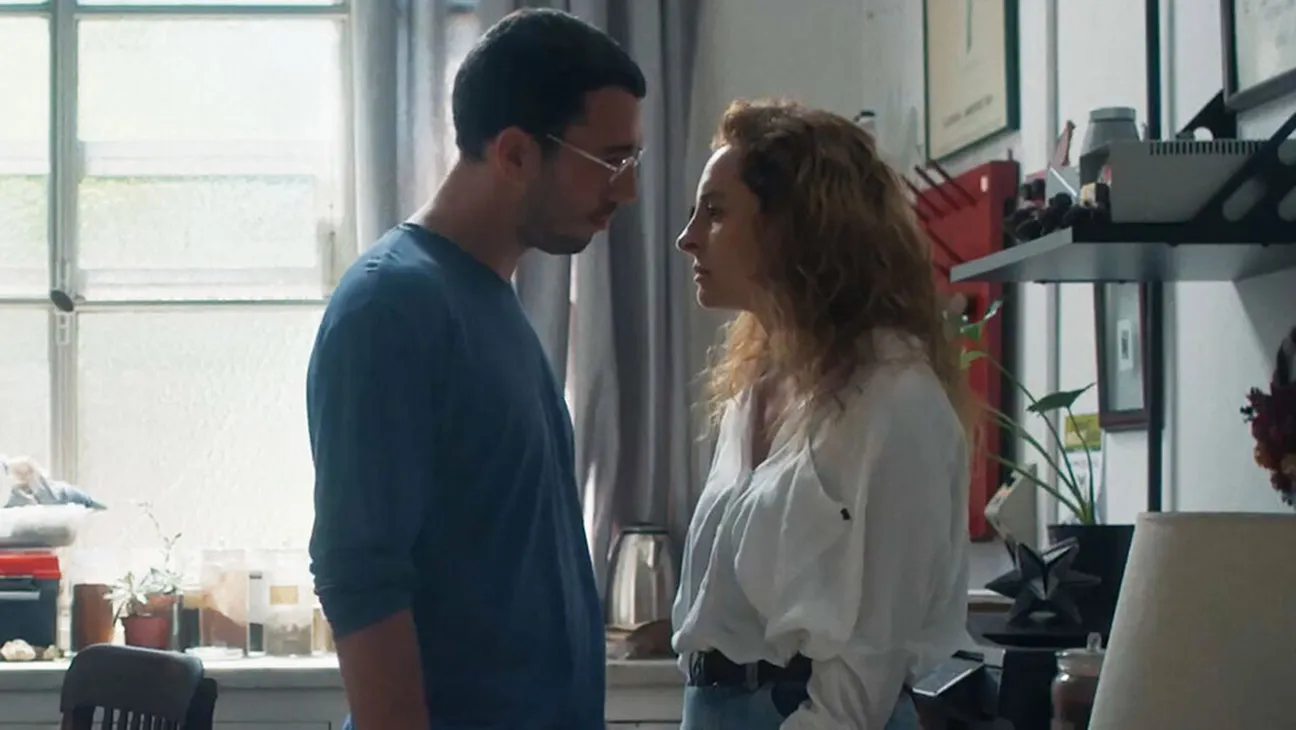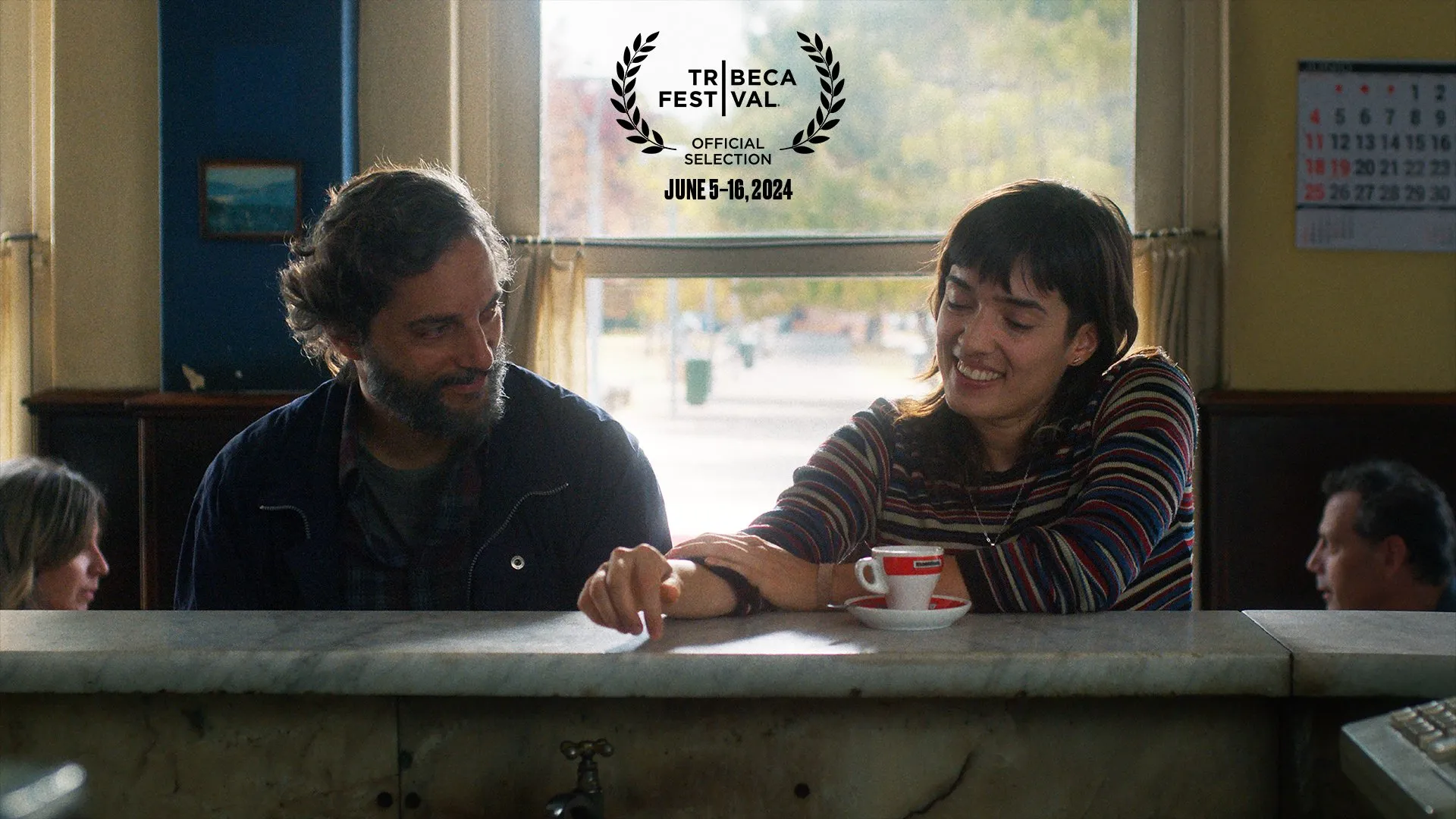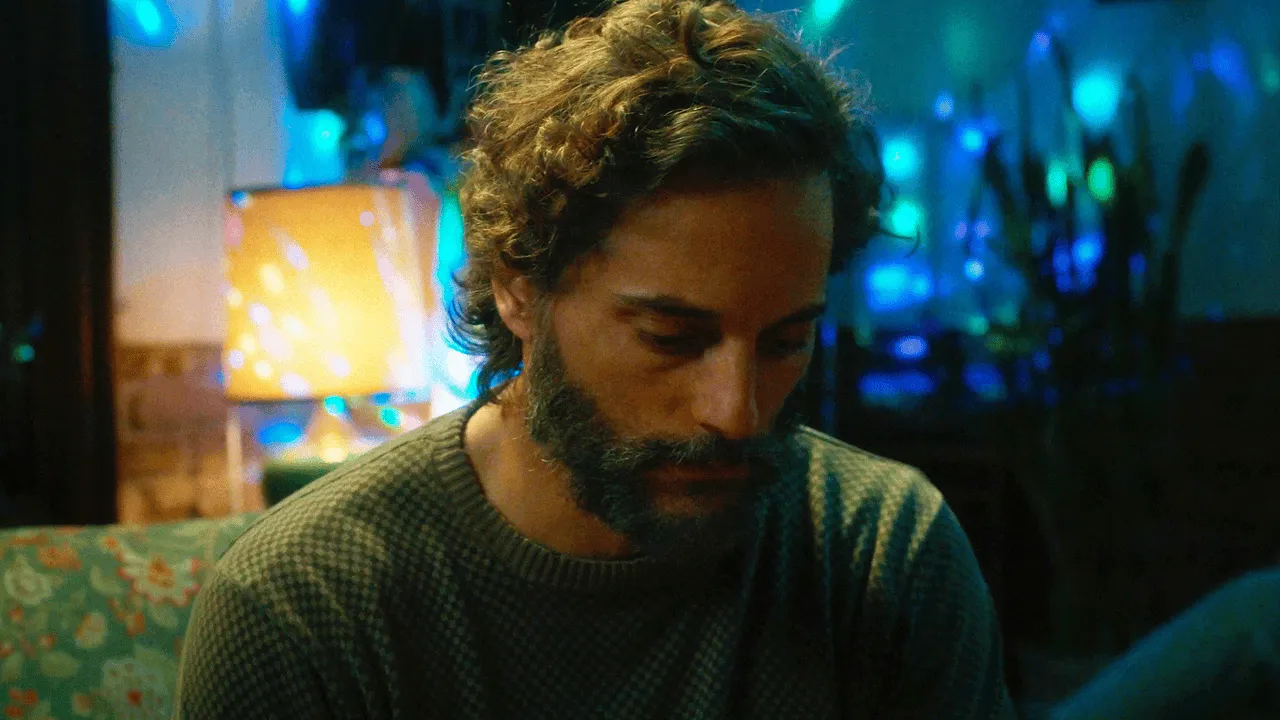Argentinian filmmaker Celina Murga provides thought-provoking portrayals of relationships through her 2020 movie The Freshly Cut Grass. The story focuses on two professors, Natalia and Pablo, who teach at the same university but otherwise have independent lives.
Both find themselves dissatisfied in marriage yet drawn towards forbidden attractions, embarking on strikingly similar yet distinctly experienced journeys as their personal worlds evolve in both aligned and divergent ways.
Natalia, powerfully played by Marina de Tavira, has been married for many years with two daughters yet feels her husband Hernan fails to truly understand her needs. Pablo, rendered fully human by Juan Furriel, also seems disconnected from wife Carla, despite their two sons. When Natalia and Pablo each start intimate connections with younger students in their orbits, their choices throw everything into question yet also offer glimpses of what was missing.
Though following parallel paths of discontent and desire, Murga ensures we see Natalia and Pablo’s perspectives unfold in nuanced variations informed by the gender roles still deeply woven into society. Small interactions and subtle reactions speak volumes, as the director observantly portrays how experiences of life and love continue to differ for men and women. In tracing these profound yet everyday emotions, The Freshly Cut Grass stimulates thoughtful reflection on relationships, responsibilities, and what it means to pursue fulfillment amid society’s expectations.
Parallel Paths, Diverging Journeys
Natalia and Pablo find themselves on similar courses despite living separate lives. Both work as professors at the same university, teaching agronomy to eager students. Natalia and Pablo also share family lives; each has been married for many years with two children at home.
Below the surface, however, turmoil brews. Natalia’s marriage to Hernan brings only empty disappointment. Pablo’s relationship with wife Carla follows a comparable path of disengagement. Small irritations with their partners accumulate over time, leaving Natalia and Pablo feeling unfulfilled.
It’s then that sparks of connection ignite. For Natalia, an attraction grows with one of her students, Gonzalo. His help and enthusiasm lift her spirits in a way missing from home. Pablo too finds himself drawn to a pupil, the free-spirited Luciana, whose youthful verve appeals to him.
Here their journeys start to diverge. Natalia enters her affair cautiously, wrestling with potential consequences. When passion emerges with Gonzalo, an awakening takes hold, yet uncertainty remains. Pablo jumps into changing tides without reflection. He dismissively disregards risks, certain that rules don’t restrict him the same.
As secrets unfold, reactions differ as well. When Hernan learns of Natalia’s disloyalty, he walks away temporarily to reconsider their bond. But Carla opts to silently endure Pablo’s betrayal, perhaps not feeling able to sever family ties so easily.
Through interweaving narratives, The Freshly Cut Grass explores how personal perspectives shape relationships—and how prevailing social roles still influence the choices both men and women feel able to make.
Embracing Complexity Through Parallel Perspectives
Celina Murga demonstrates masterful control of her craft with The Freshly Cut Grass. By telling the interweaving stories of Natalia and Pablo in parallel yet distinct fashion, she illuminates their personal journeys with nuanced insight.
Murga builds empathy for her characters by allowing us to follow both down diverging paths shaped by their own experiences. We observe the professors apart, their lives unfolding separately though similarly. This brings intimacy, seeing how small variations in circumstances continue to influence the choices people make.
Repetition is key to the director’s methods. Scenes echo between the characters, repetitions that intensify our noticing of subtle differences. We witness variant reactions to comparable situations, letting us read between the lines of what isn’t said. Murga ensures the repetition enhances rather than hinders, with each viewing revealing another layer to the characters’ perspectives.
Running the two narratives side by side opens an insightful space. We begin to see how prevailing societal norms still impact people differently. The societal ease with which men like Pablo chase whims contrasts Natalia’s internal struggle to justify her desires, feeling she must consider consequences in a way Pablo does not.
By embracing complexity over clarity, Murga resists oversimplifying life’s multi-dimensional nature. The Freshly Cut Grass emerges as a rich, rewarding film through its parallel structures and emphasis on distinct experiences within similar circumstances. In her observant hands, the personal becomes profoundly political.
Heart and Soul
Under the surface of The Freshly Cut Grass lie depths that its stars bring vibrantly to life. Marina de Tavira and Juan Furriel breathe heart and soul into Natalia and Pablo, imbuing even subtle moments with rich emotion.
De Tavira portrays Natalia’s journey with striking intimacy. We feel her withdrawal in marriage, then a reawakening in Gonzalo’s company. Yet guilt and fear darken her eyes, de Tavira ensuring we grasp the personal cost. Furriel matches this nuance as Pablo. Appearing stoic, his actions belie hidden turmoil coming unstuck.
Together they enact parallel paths diverging through personal perspective, not profile archetypes. Small gestures, a catch of the light, reveal internal tides changing beneath the pretense of calm waters. We watch relationships transform through discreet pains and new pleasures vividly brought to the fore.
Emanuel Parga and Veronica Gerez further enrich the tapestry as Gonzalo and Luciana. Gerez plays rebellion masking desire’s sincerity. Parga imbues Gonzalo with playful charm but also care undefined by lust alone. Their characters live beyond serving the leads, felt as people in their own right.
Support likewise comes from Alfonso Tort and Romina Peluffo as spouses on differently angled journeys. All move the intimate whole, accepting complexity without judgment, like the director’s vision they breathe to live screen presence.
Through its stars’ layered gifts, The Freshly Cut Grass triumphs as cinema balancing truth and tenderness. Their souls guide us in feeling every emotion and understanding, too, that life’s messy beauty lies bare.
Perspectives and Prejudices
Subtle yet significant variances arise from Celia Murga’s presentations of Natalia and Pablo’s stories. The director shrewdly unpacks how prevailing prejudices administer unequal treatment and tolerances.
Pablo acts impulsively in pursuing fleeting wants, facing few repercussions. When his affair emerges, wife Carla tolerates private anguish instead of rejecting deception. By contrast, Natalia wrestles reluctance, considering ramifications before intimacy with Gonzalo.
Distinct societal outlooks also influence harsher disciplining of Natalia’s actions. When her relationship surfaces, husband Hernán chooses departure while Pablo endures only a mild reprimand. Community censure seems more forgiving towards masculine impropriety.
Murga ensures these variances do not condemn but observe reality’s roots in antiquated mentalities. Natalia internalizes she must account for slights on character, career, and caretaker duties in a manner inconceivable to Pablo. He indulges free of such qualms, suggesting prejudices still shape what choices each feels empowered to make.
The director astutely hints how common social conditioning grants Pablo willful carelessness unattainable to Natalia without price. But her calm intelligence and Gonzalo’s empathy help discover freedoms beyond prescribed boundaries, suggesting paths towards transcending biases imprisoning both gender expression and private pursuits of meaning.
In paralleling profound yet mundane diversities between Natalia and Pablo’s experiences, The Freshly Cut Grass thoughtfully spotlights work still needed for equitably understanding all identities and capacities within our world.
Subtly Shaping Perspectives
Celina Murga crafts The Freshly Cut Grass with a keen artistic vision. Juan Patricio Rivero’s cinematography brings lives into intimate focus through observational verité. Scenes unfold naturally, inviting us into moments without signposting emotion.
Repetition gains power through Tomás de las Heras and Andrés Kemp’s editing. Flashbacks move the present forward, each return offering deeper understanding. Cutaways emphasize parallels while finding variance. Space and time bend, prioritizing insight over plot.
Musically, Vicente Moya works wonders. Compositions drift with turbulent undercurrents, mirroring what’s left unsaid. Alongside production design, he transports us fully to environs where private reefs lay obscured below calm waters.
Set in locations as characters themselves, Pablo Di Pascual and Andrés Petrák’s work brings Argentina to life. Subtle anachronisms like outdated technology blend reality and theme. Authenticity aids investment in lives feeling fully formed beyond screen perimeters.
Across all elements, a cohesive language emerges, delicately tuning perspectives. Details mean more as clues to unraveling humanity’s shared complexities, instead of judging actions themselves. The result finds profundity in lingering over life’s mundane yet profoundly moving moments.
Depth Beyond Surface
The Freshly Cut Grass delves profoundly into intricate facets of the human condition. Celina Murga’s film explores adultery and relationships through Natalia and Pablo’s journeys, but its perspectives reach far beyond the surface storyline.
This drama stimulates consideration of expectations still placed upon men and women by society, and how daily life navigates challenges of fulfillment within such constraints. Murga shares her observations without accusations, judiciously probing complexity within similar circumstances.
Both de Tavira and Furriel emerge remarkable in the emotive crafting of their characters. Their soulful performances breathe fullness into individuals negotiating demands upon their identities. Supporting actors equally enriches the tapestry.
Through intelligently parallel narratives, Murga locates truth in life’s mundane yet meaningful moments. Subtle repetitions amplify divergences in a manner that intensifies, not hinders, the viewing experience. This intimate work resonates long after the final frame by honoring complexity.
The Freshly Cut Grass resonates with anyone hoping to understand humanity beyond reductionist labels. It merits appreciation for distinguished filmmaking that starts discussions more fruitfully than conclusory stories ever could. Loyal to complexity, Murga’s work rewards repeatedly return.
The Review
The Freshly Cut Grass
The Freshly Cut Grass tells a profoundly resonant story through Celina Murga's astute direction and the outstanding performances at its heart. While addressing weighty themes, the film maintains an air of quiet humanity that invites reflection rather than reaction. It proves moving dramas need not come wrapped in controversy to leave a lasting impact.
PROS
- Complex, thoughtful examination of its themes
- Outstanding performances from leads and supporting actors
- Murga's direction brings scenes to vivid life.
- Intriguing parallel narrative structure
- Subtle yet impactful exploration of gender dynamics
CONS
- Minimal plot progression at times drags pacing
- Some redundancy in repeated scenes
- Subject matter may not appeal to all audiences.




















































Discussion about this post